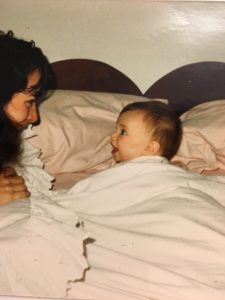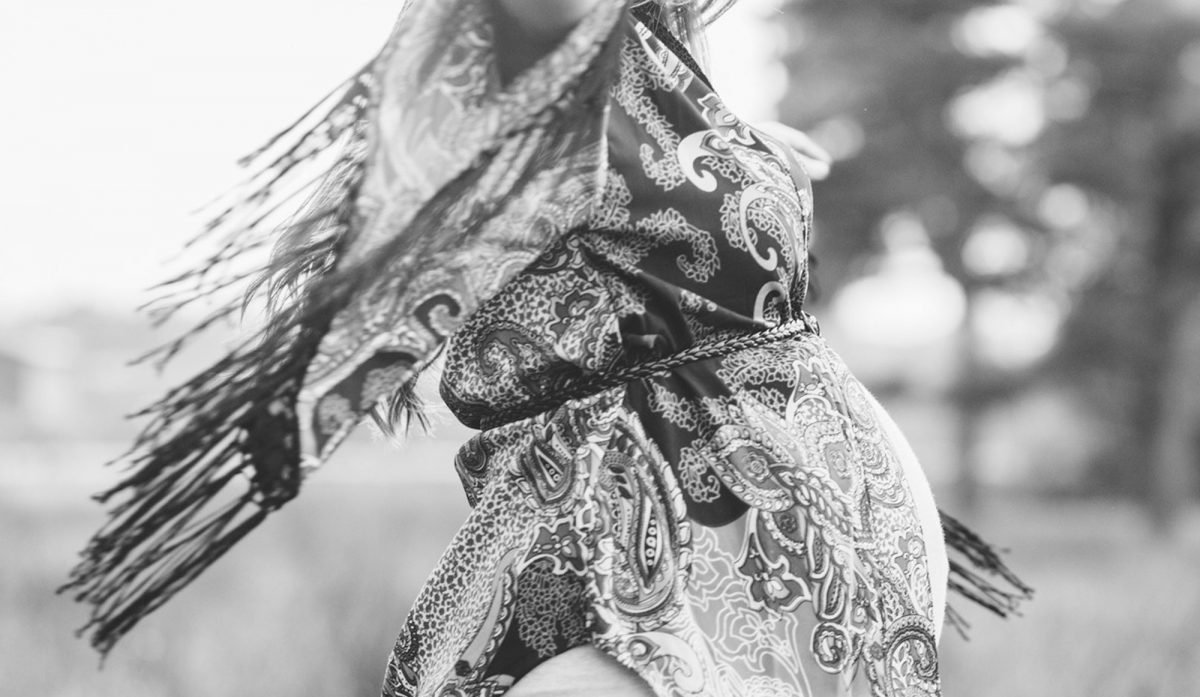I once was a “natural childbirth” devotee. I was teaching Lamaze classes before I’d even had my own children. I fit the perfect prototype; grew up in the 60’s (minus the drugs), vegetarian since sixteen, attended Hampshire College at the beginning, wore only sweaters that I knit myself and raised my black lab, River, before I became pregnant with my first.
I approached my labor as serious training. I had danced professionally for a living so I took ballet class every day, swam a mile and ran through my fifth month of pregnancy.
I labored for thirty-six hours, the last ten of which were driven by Pitocin. I made it through every contraction, fighting my way through the pain. This was familiar. Give me any physical challenge and I could and would make my way through it. But I was adamant with everyone in the room that there would be no drugs.
I never made it past three centimeters after all that work and ended up with a C Section for “failure to progress”. I’ll never know if I had tried an epidural as a last-ditch effort to avoid a C Section if I would have slept and dilated. If only someone had helped me connect the dots that I would ultimately have an epidural for a C Section so why not give it a try beforehand?
Dogma. I learned so much about my own dogma from my first birth. My dogma around no drugs left me without being open to utilizing a tool that might have prevented my C Section.
 From then on, when helping people prepare for their births, we talk a lot about staying flexible in order to make decisions that are aligned with your goals, especially when things aren’t going the way you imagined.
From then on, when helping people prepare for their births, we talk a lot about staying flexible in order to make decisions that are aligned with your goals, especially when things aren’t going the way you imagined.
I refer to what I call the “leaving no stone unturned” question. Ask yourself – when you are in labor, what does leaving no stone unturned mean to you around what you are willing to try in order have the birth that’s right for you? It also means trusting yourself to know when you feel you’ve tried enough for you.
Another way to look at it is this: if you were able to have hindsight in advance of your birth and ask yourself “what would have happened if…?”, and then try to take care of your “if’s” in advance. It helps to alleviate second-guessing yourself at the other end.
What would one of your “ifs” be?

